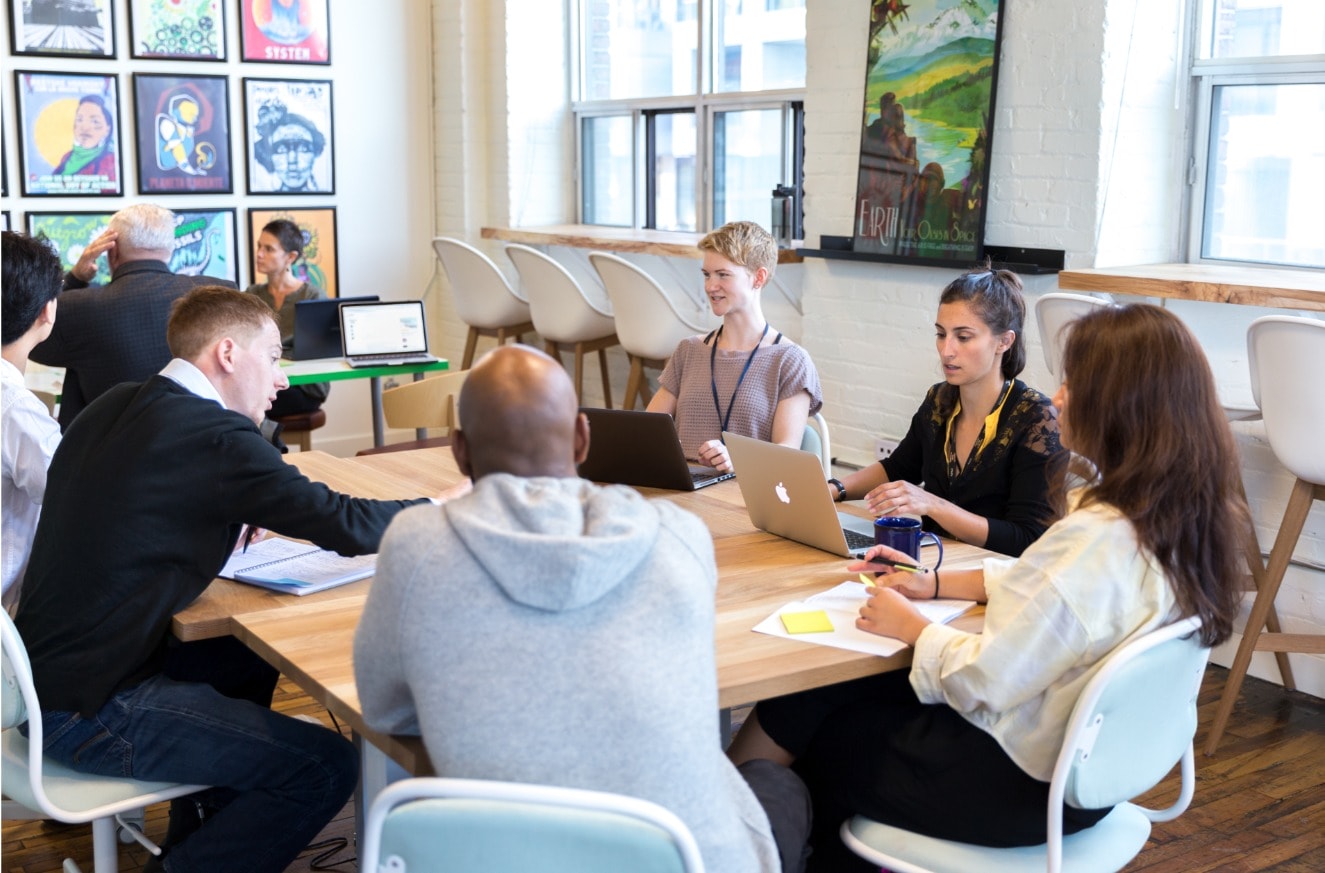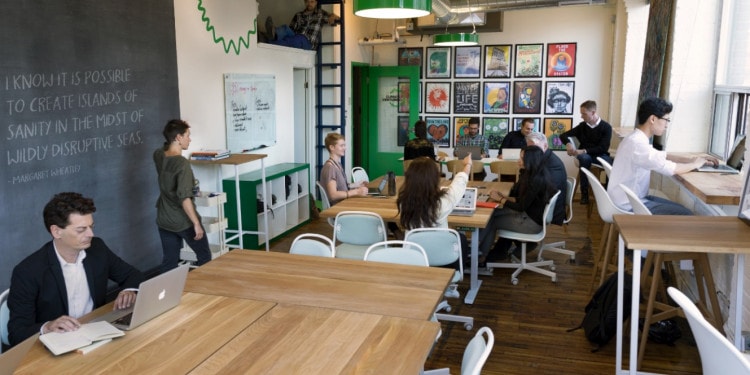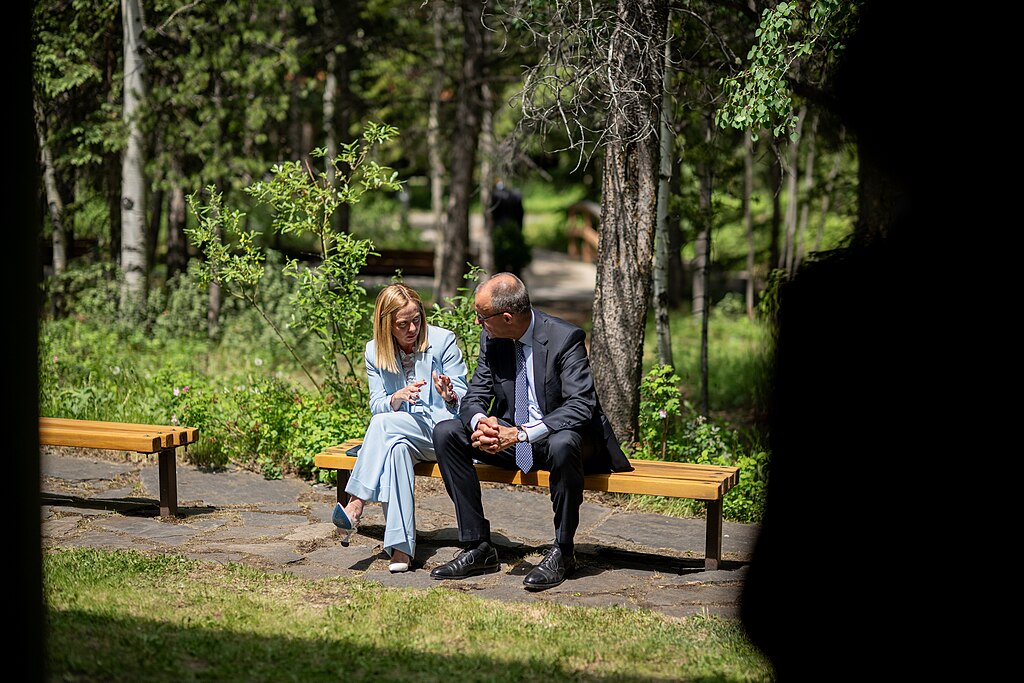We live in an age of extraordinary collaborative possibilities. From all corners of the earth, there rises a voice of determination to break through the status quo and bring climate change issues to the forefront. It is through these partnerships that the green wave is gaining momentum, and I believe will ultimately seize the day.
Recently, my company was very honored to join the Climate Ventures initiative and space at the Centre for Social Innovation (CSI). CSI currently has three offices in Toronto and one in New York. Their ethos is to be a warm and welcoming community of “collaborators and a launchpad for groups and individuals who are changing the world in big and small ways”. CSI provides members with the spaces, connections, and resources they need to work, connect, create and transform.
As a subset hub of CSI, Climate Ventures is a “home to the entrepreneurs, innovators, and leaders working on climate solutions and climate justice”. From farming to fashion, their members are building the low-carbon economy and a better future for all.
When I was first invited into the Climate Ventures space, I felt a rush of both excitement and tranquility. Excitement for the possibilities ahead, and a sense of calm. Tucked away at the back of CSI, Climate Ventures creates both a physical and mental space from which to contemplate, engage, and activate sustainable opportunities.
But I wanted to learn more about how this incredible initiative came to be. I was lucky to catch Barnabe Geis, Director of Programs for CSI Toronto, to delve a little deeper.
Steven Hobé: What inspires you as Director of Programs for the Centre for Social Innovation?
Barnabe Geis: I‘ve been at CSI for seven years now. I have had the great privilege of seeing and being a part of CSI’s journey from two locations and a handful of staff to multiple locations, a talented and multidisciplinary staff team, and nearly 3,000 members working to make the world a better place.
My work focuses on creating and running programs that accelerate success and amplify the impact of promising entrepreneurs and initiatives. Our programs are often themed – for example, City Building, Community Health, and Climate Solutions – and include accelerators, fellowships, microloans, workshops, events, advisory services and more.
Recently, we launched Social Entrepreneurship 101 as an 8-week course open to anyone wanting to learn the fundamentals of creating a social enterprise.
It brings me joy and a sense of purpose to get to help people go from idea to impact. I am always in awe at the creativity, drive, empathy, and resourcefulness of those who make the leap from concern, sadness, or rage to taking meaningful action. Our world gets better each time someone decides that they must be a part of the solution.
SH: What was the impetus for creating Climate Ventures and how long has it been in the making?
BG: Climate Ventures really started with Agents of Change: Climate Solutions, an accelerator for early-stage enterprises reducing GHG emissions. We understood that climate change will impact every facet of our lives and the work of our members, so we wanted to run more programs that enable the growth of our low-carbon economy. We then ran a competition with MIT’s Climate CoLab, and launched a Cleantech Fellowship. We have more programs in the works, too.

As a coworking space, we obviously understand the value of being physically together with a shared sense of purpose. We opened our dedicated Climate Ventures space as a place for people to work, connect and transform.
We provide coworking, community, connections, advisory services, peer circles, workshops, and more. We officially opened our doors in September so we’re still very much in start-up mode, and we now have 50 ventures and organizations and 30 advisors. New members are joining us, bringing their passion and expertise to the space. It’s pretty amazing seeing our members grow and collaborate together.
SH: Since its doors opened, how has Climate Ventures lived up to its name?
BG: I personally see Climate Ventures as having two meanings. The first and more obvious one is a venture as an enterprise or start-up. The second is venture as in a risky or daring journey or undertaking.
Humanity is on this journey right now where we must reimagine and evolve our economy and culture, and the stakes could not be higher. We’re contemplating a world that will be unable to sustain a thriving life for my children or their children or even possibly hardly any life at all. A world of dead oceans, droughts, floods, heatwaves, forest fires, crop failures, and other calamities. So we must be daring! We must take risks. We must be steadfast. And we must be brave… Our members embody this every day, and I believe this is our opportunity to evolve in positive and astonishing ways as a species.
SH: What is your vision for Climate Venture’s future both within CSI and regarding its impact on the wider community?
BG: Climate Ventures will continue to support the development and implementation of climate solutions through programs such as accelerators, fellowships, innovation challenges, incentive prizes and a range of services. We will do this by partnering with funders and other organizations across the country. We will continue to grow our supports for our members to enable their growth and success. And we hope to provide a steady flow of workshops, events and other opportunities to engage with members of the public around solving the climate crisis.
We already have all the solutions we need to stop and reverse climate change. Climate Ventures belongs to an amazing movement of people around the world ensuring that those solutions scale, and we aim to work across sectors to make our low-carbon future a reality.
***
As the owner of a Toronto boutique marketing firm, my mission is to help individuals and organizations in the sustainability sector clarify their message and make a difference in their given fields of expertise.
 Since September 2018, Climate Ventures has run three programs so far: A Cleantech Fellowship, Agents of Change: Climate Solutions, and a competition with MIT’s Climate CoLab. Their Agents of Change: Climate Solutions program increased revenues by 120% to over $1.4M, they increased jobs by 71.5% with 14 new full-time equivalent positions, they increased their number of volunteers by 55% to 160, and they achieved greenhouse gas reductions of 640 tonnes of C02 equivalents (TCO2e). And this is only the beginning.
Since September 2018, Climate Ventures has run three programs so far: A Cleantech Fellowship, Agents of Change: Climate Solutions, and a competition with MIT’s Climate CoLab. Their Agents of Change: Climate Solutions program increased revenues by 120% to over $1.4M, they increased jobs by 71.5% with 14 new full-time equivalent positions, they increased their number of volunteers by 55% to 160, and they achieved greenhouse gas reductions of 640 tonnes of C02 equivalents (TCO2e). And this is only the beginning.
Having already met a handful of social enterprises that are active within Climate Ventures, as a fellow entrepreneur, I feel truly inspired by their work, passion, and drive to make a difference. In a society that still favors competition over ethical business, Climate Ventures is an exemplification of how collaboration and partnerships breed.














